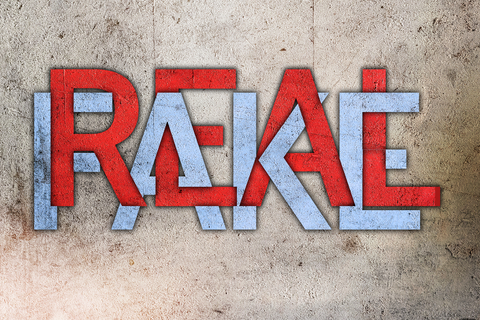Due diligence investigations come in all flavors
A previous post described the differences between a due diligence background investigation and a basic background check and why you shouldn’t settle for less than what you need. After that post, a colleague made a great comment in a Twitter conversation that should be addressed.
Fellow Certified Fraud Examiner Robert Gardner, pointed out that “…there’s no such thing as *A* check and *THE* due diligence. It’s what you need to know & you need to mitigate.”
(Correction – Robert has notified me that he is not a CFE.)
Absolutely! Due diligence background investigations and background screenings come in all flavors, depending on several factors, and there’s no one-size-fits-all approach to managing risk.
Whether you’re running a preliminary online investigation or digging deeper with interviews, manual court searching, or even surveillance, an investigator must work with each client to learn exactly what they need. There’s no way to know what the investigation will look like until you get more information.
Librarians call this the reference interview, others call it a client interview. I prefer to call it a conversation, since there’s a lot of back and forth. While different clients require different conversations, here’s a sample of questions that will help you learn what type or level of due diligence investigation they need:
Why do you need this? – This will not only help you understand your client needs, it will keep you from breaking any laws. For example, employment background checks are covered by the Fair Credit Reporting Act here in the U.S., which, among other things, limits how far back you can check on an individual. Due diligence investigations have no such limitations.
Where are you in the process? – A client that’s just starting to gather names of possible investments or business targets may need a quick look at someone’s background. Another client may be at a much later stage, ready to invest after conducting their own due diligence, but only after a thorough background investigation on all parties and entities. Find out where you fit in.
What’s your time frame? – If your client has a short deadline, it may be impossible to search records at the courthouse or arrange interviews. If they’re in a hurry, you’ll need to manage expectations during the initial conversation, and make it clear what is and is not covered in the investigation.
Do you have permission to investigate? – Legally, you must have a signed authorization to verify someone’s university degree. If you don’t have that, ask the client if an online alumni profile or other secondary evidence would be enough. Protect your reputation, license, and career by not taking shortcuts or trying something “just once.”
What’s your budget? – This is a tough one, since the risks may be high for your client, but they have unrealistic expectations. Manual court searching and other boots-on-the-ground tactics involve more time and money, so you’ll need to come to an agreement about the scope of the investigation in light of any budget constraints.
What are your pain points? – One of our clients is especially sensitive to headline risk, so we dig deep into the social media accounts of all key executives and their families. Another is mostly concerned about corruption, and we focus on past business dealings. Some look for hidden assets, while others don’t care about net worth.
Due diligence background investigations should be customized to each client’s level of risk. Don’t assume you know what they need, or pigeon-hole them into an off-the-shelf investigation. Find out through conversations, and by asking the right questions.
UPDATE: As you can see in the comments section, colleague Michele Bate has added another question to this list: “What do you already know.” This one is important, since it helps with understanding your client’s starting point, finding leads to other sources/information, and use to verify information that you uncover in your investigation.




Outstanding description of a Due Diligence Investigation.
Appreciate it, Rory. Especially from someone with your knowledge and experience.
I agree – an excellent explanation of why it’s necessary to tailor the investigation to the client and the circumstances and the questions that need to be asked to be able to do that. I would add one more, from painful experience: “What do you already know?”
Absolutely! Thanks for adding this one to the list, Michele.